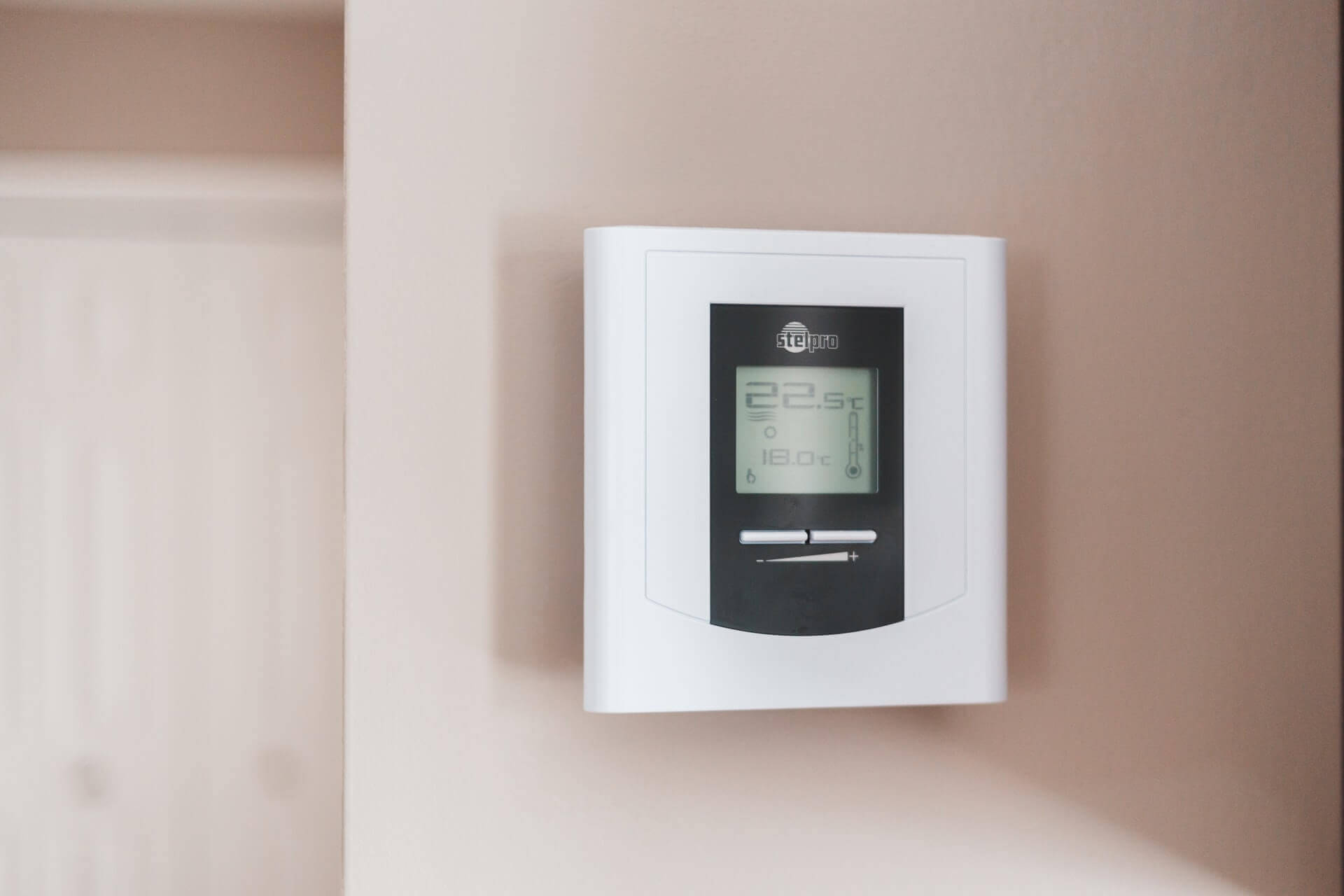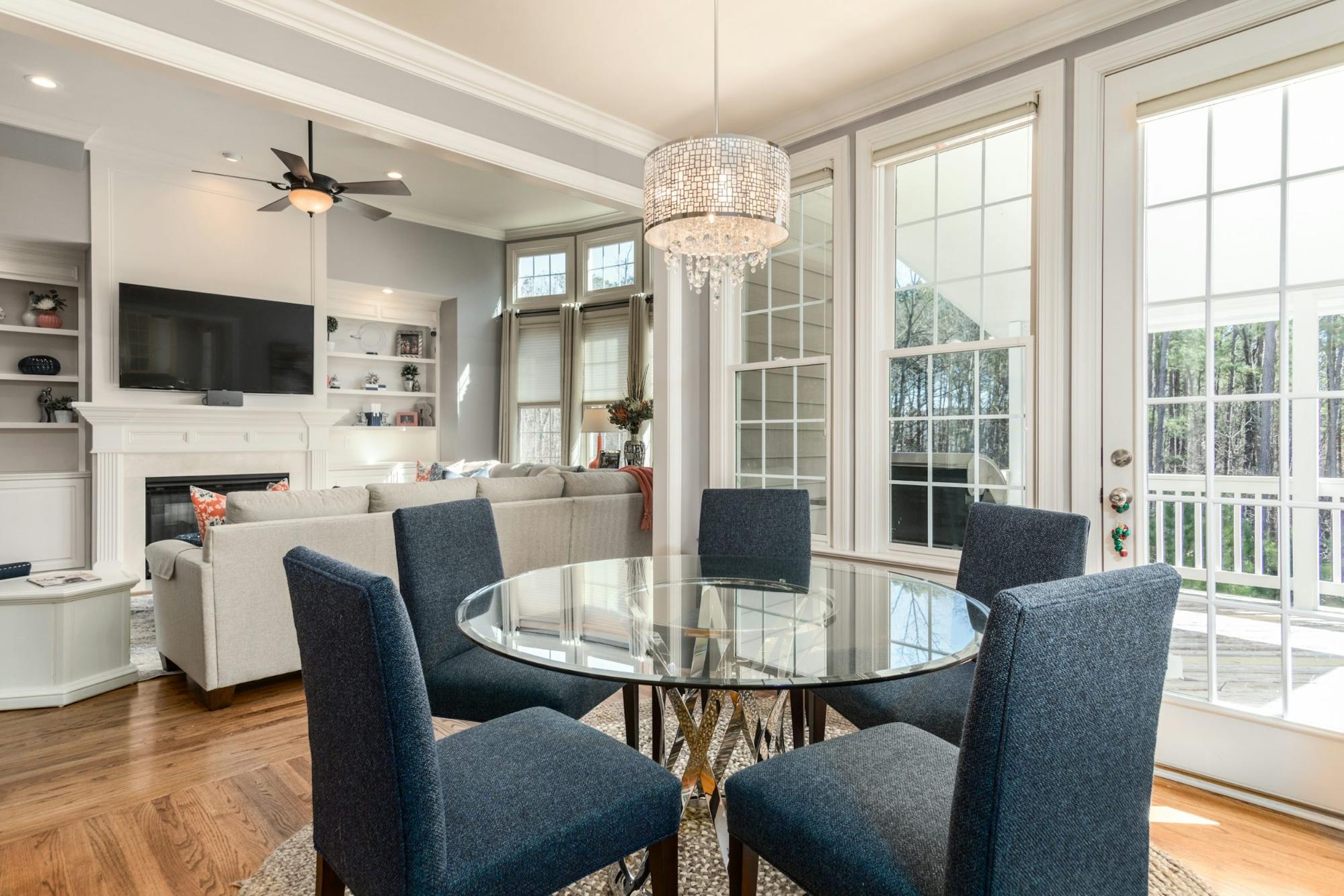Is central heating more economical?

Choosing a heating system can be complicated when considering installing a new one in your home. Central heating is recognized as the most economical and is recommended by many professionals. But what are the different possible systems and do they really make it possible to save money in the long term? We are going to take stock in this article.
What is central heating?
Central heating is a set of devices that make it possible to heat numerous rooms in a house using a single unit that produces heat. Basically, heat is produced from this unit, which is called a heat generator. It is generally a boiler that will heat water up to a specific temperature. The hot water is then distributed throughout the house through a pipe system to the appliances installed in each room. The heat from the water is then distributed throughout the house.
Central heating is different from auxiliary heating, which consists of a single heating unit serving a single room in the house. This is the case, in particular with portable electric heaters.
The different central heating systems
There are many central heating systems that differ from one another depending on the energy source used.
· Condensation heating
It is a heating system that uses oil or gas to produce heat. This system is very efficient and offers an interesting return. It is even one of the most common types of heating found in Canadian homes. However, since the price of gas and fuel oil has increased in recent years, households are gradually looking for more economical alternatives.
· Biomass heating
Biomass heating uses organic fuels such as pellets, wood chips or logs. Pellets are generally stored in silos, while pellets and logs need to be stored in a relatively large dedicated space, especially if you plan to store them in very large quantities. Their main advantage is that these fuels are cheaper than fuel oil, gas, and electricity.
· Electric heating
Electric heating is not only for auxiliary heating. In fact, if you want to use this energy source for your central heating, you have the option of inertia or accumulation electric heaters. This type of device generates and stores heat during the night and distributes it during the day. This solution is particularly suitable for those who use an off-peak rate for their electricity package.
· The heat pump (PAC)
A heat pump is a heating system that draws heat from its immediate environment. There are two main types of heat pumps, namely the aerothermal heat pump drawing heat from the air and the geothermal heat pump drawing heat from the ground.
· Solar heating
Finally, solar heating is a type of heating that uses solar radiation to produce heat. The most common system is a solar water heater, which uses solar panels to heat water and distribute it to the bathrooms of the house. Solar heating has an undeniable advantage, which is that it uses a free and unlimited source of energy. However, in winter, the lack of solar radiation is lacking in this system, making it not very effective.
The various heating devices
As mentioned above, the central heating system uses heat distribution units in the rooms. There are various types:
- Radiators circulate water at a temperature between 40 and 50°C and allow the rooms where they are installed to be properly heated;
- Convectors draw in cold air, heat it up and distribute it around the room. The heated air will rise to the ceiling before coming down again, which allows the room to be heated more evenly;
- Heated floors work at low temperatures. They are discreet and provide pleasant warmth;
- A wall heater is therefore installed in the wall, which makes it very discreet and saves you space. It works in the same way as heated floors;
- Forced air heating will suck the air into a room through exhaust vents. This air will be heated in the heating system before being diffused into the room by a fan.
Is central heating really economical?
Above all, keep in mind that the central heating system is much more expensive to buy and install than any other system, such as a portable electric heater, for example. Indeed, its purchase involves numerous devices, including the central heat production unit and the devices that will distribute this heat to all rooms in the house. Moreover, its installation is particularly complex, requiring the intervention of a professional, at a relatively high price.
However, in the long term, it is entirely possible to save money by opting for a central heating system. But how much you save depends largely on the type of heating you use.
Heating with oil, gas and electric is less profitable, due to the cost of the fuels used. They are only good for heating a small area. Biomass heating is a more economical option, as the price of pellets is far affordable compared to the energy sources mentioned above.
Solar heating is even more economical, as the energy source is completely free and renewable. The only downside with this type of energy is that it is necessary to consider alternative heating in winter, as its operation is not optimal during this period due to the lack of sunlight.
The heat pump remains the most attractive option, although its purchase and installation costs are among the highest. In the long term, you can make very attractive savings.
Guarantee: No traces, no stress — only lasting results.
5 000 +
96%
$6,275



.avif)



